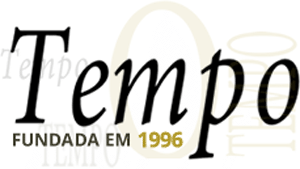Abstract
In 1972, at the Stockholm Conference, Brazilian opposition to environmental regulation proposals aroused strong criticism. This article discusses the connections between the civil-military dictatorship, the economic “miracle” and the Brazilian environmental politics from 1967 to 1973, focusing on air pollution. As other Latin American countries, Brazil was facing dilemmas between development and environmental conservation. International institutions took action in the region, proposing different solutions to this issue, as Cepal and Redpanaire, both agencies of the United Nations in Latin America. The air pollution quandary made explicit the contradictions of the civil-military Brazilian regime, which justified the pollution as a means for development and fighting poverty, at the same time that adopted policies that resulted in wealth concentration. While the elites buying power and quality of life grew rapidly, most of the Brazilian population experienced high rates of infant mortality, poor health and environmental conditions, and a significant drop in real minimum wages. At the end of the dictatorship, Brazil inherited a legacy of both social inequality and environmental degradation.
Key-words:
air pollution; Stockholm Conference; environmental policy.

 Thumbnail
Thumbnail
 Fonte: Martinelli (1972, p. 104)
Fonte: Martinelli (1972, p. 104)